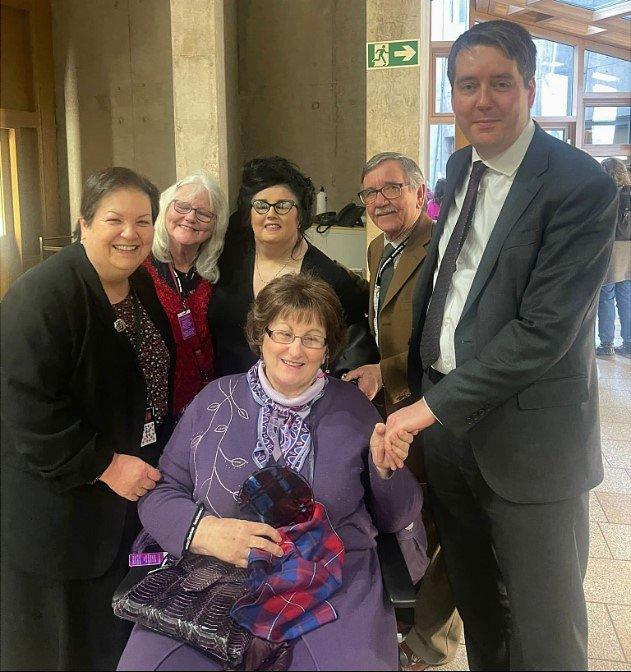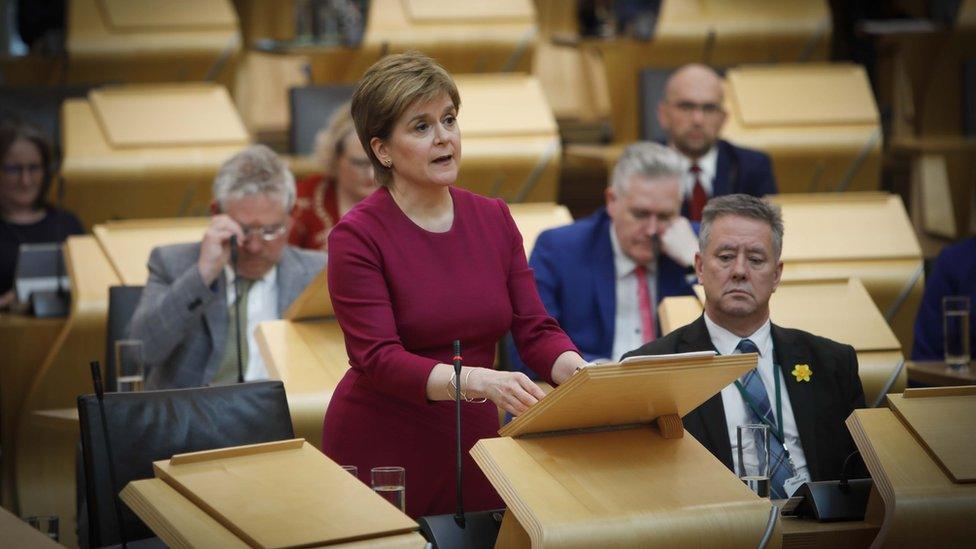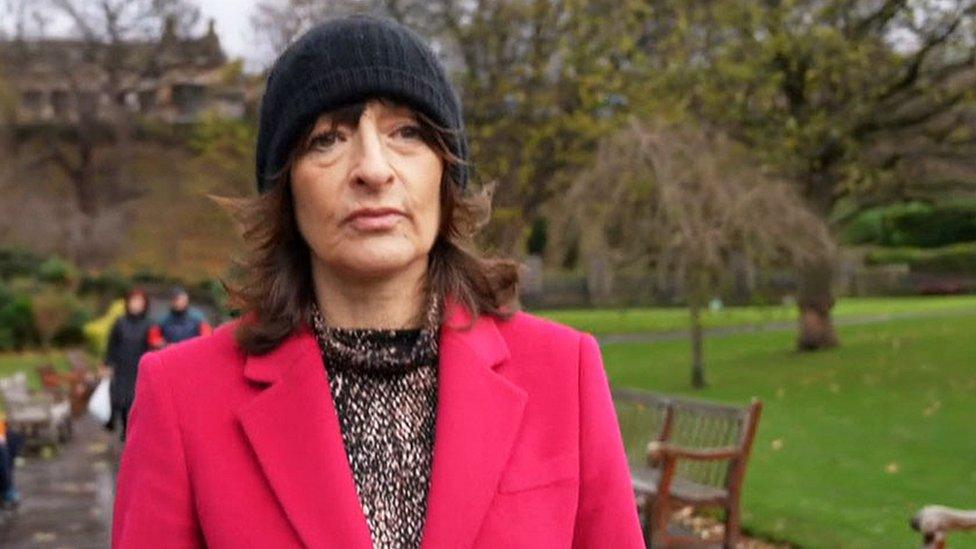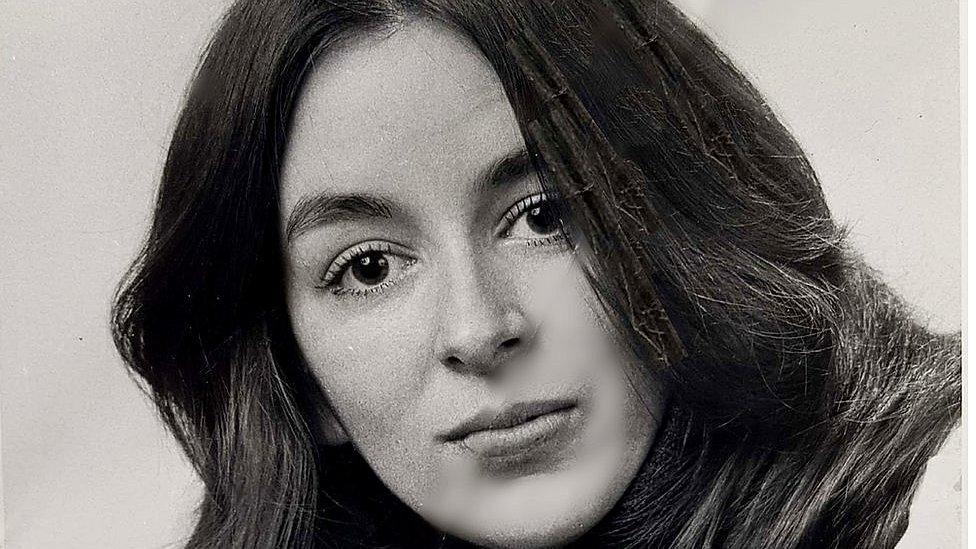Sturgeon issues apology over forced adoption
- Published
Nicola Sturgeon issues apology for 'living nightmare' of forced adoption
Nicola Sturgeon has issued a "sincere, heartfelt and unreserved" apology to people affected by the practice of forced adoption.
Thousands of unmarried women in Scotland were forced to give up their babies for adoption in the 1950s, 60s and 70s.
The first minister told Holyrood it was time to "acknowledge the terrible wrongs that have been done".
She said: "What happened to these women is almost impossible to comprehend."
It is estimated 60,000 women in Scotland had babies adopted simply because they were unmarried.
Many women were coerced into handing over their babies and some were denied access to housing and social benefits which may have allowed them to have kept them.
Some children forcibly removed from their parents as a result of forced adoption were abused, Ms Sturgeon told MSPs.
She added: "It is important to say very clearly that many of them went to loving homes - acknowledging these injustices should never be seen as a rejection of the deep bonds that people share with adopted families.
"Nothing can ever invalidate the love that these families have for one another. But it is also clear that many of those affected - far too many - had a very, very different experience.
"We know some will always have lacked a sense of belonging, some may have suffered mistreatment or abuse."
Addressing MSPs in the Holyrood chamber as victims and campaigners watched on from the public gallery, Ms Sturgeon said forced adoption was "a level of injustice which is hard now for us to comprehend".
She said it was caused by a society that treated women as "second class citizens".
'Thrown to the wolves'

Marion McMillan, seated in the centre, was in Holyrood to hear the apology along with fellow campaigners and MSPs
Marion McMillan, from Paisley, was 17-years-old when she had her son taken from her after she gave birth in a Christian mother and baby home.
Speaking on BBC Radio's Good Morning Scotland, she said: "I was just a wee lassie and I left this country called Scotland, to go to this country England I only knew in the geography books.
"We were absolutely thrown to the wolves - you couldn't even go to the church. You were stuck in the darkest of providences.
"Not only did your family reject you, the whole of society rejected you. You couldn't tell anyone you had this baby."
Ms McMillan, now in her seventies, said the formal apology will bring a "great measure of healing" to thousands of mothers and adoptees.

The first minister made the apology in the Scottish Parliament
Fiona Aitken, director of the Adoption UK Scotland charity, said: "We wholeheartedly support the apology for those who had their children removed and are particularly pleased to see this extend to the individuals who were adopted through this practice, whose lifelong needs have gone unacknowledged and unsupported.
"Adoption UK now calls on other UK governments to follow Scotland's lead in issuing a formal apology to all those who have been affected by forced adoptions, and to meet the needs of all adopted individuals who would benefit from support."
The apology in Scotland follows others around the world.
In 2013, Australia issued the world's first government formal apology for forced adoption, taking responsibility for the practice.
Then in 2021 the Irish government apologised to former residents of mother and baby homes in Ireland for the way they were treated over several decades.
'Appalling cruelties'
The Scottish government has committed funding of about £145,000 to provide specialist support and counselling for those affected by forced adoption and research is also under way to identify how existing support services can be improved.
Opposition MSPs welcomed the apology.
Scottish Conservative deputy leader Meghan Gallacher, said: "Although a national apology cannot right the wrongs of the past, I hope that it will be the start of a healing process for those suffering lifelong trauma.
"My only regret is that some campaigners have sadly died before this apology was made."
Scottish Labour deputy leader Jackie Baillie, said: "These appalling cruelties are perhaps among the most heinous of injustices that our society has inflicted on women and their children."
Related topics
- Published26 January 2022

- Published16 June 2021
